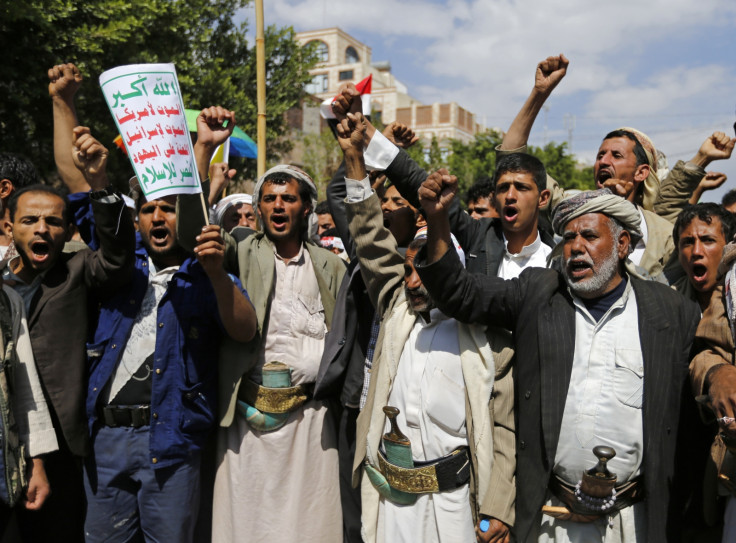Yemen Partially Restores Fuel Subsidy But Protesters Remain

Yemen's embattled President Abd Rabbu Mansour Hadi has partially reinstated a fuel subsidy that was cut in July as thousands of armed protesters remain encamped in the capital Sanaa.
The measure was passed on 4 September in a bid to quell the unrest that has crippled Sanaa in recent weeks, according to the Yemeni cabinet.
The decision to remove the subsidy was capitalised upon by the Houthi movement, a rebel militant group from the northern province of Saada. It has mobilised ordinary Yemenis to spark the biggest protests in the Arabian Gulf country since its former president was toppled during the Arab Awakening.
Under intense political pressure, Hadi offered to dismiss his government and reinstate part of the subsidy, although the Houthis initially rejected the move and called for the subsidies to be reinstated in full.
The cabinet "expressed its full understanding of the suffering of the people and its keenness to take all the necessary measures to mitigate side effects in correcting the prices of oil derivatives", ministers said in a statement.
The subsidies were removed as part of a long-running negotiation with the International Monetary Fund, which recently announced a three-year loan to Yemen worth more than $500m (£306m, €386m.)
In 2013, energy subsidies accounted for 24% of the government's annual budget. More than half of that was spent on diesel and gasoline.
© Copyright IBTimes 2025. All rights reserved.






















